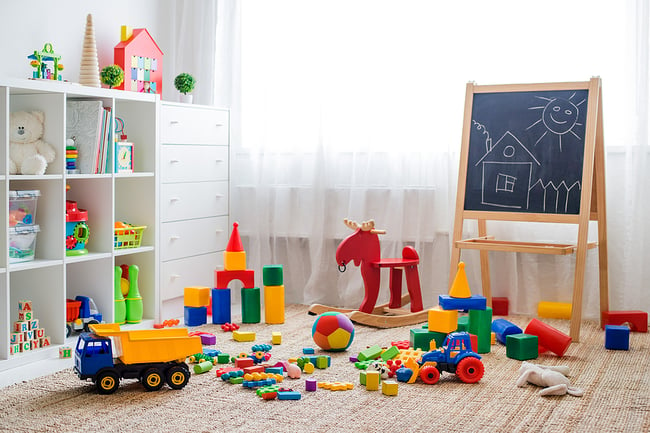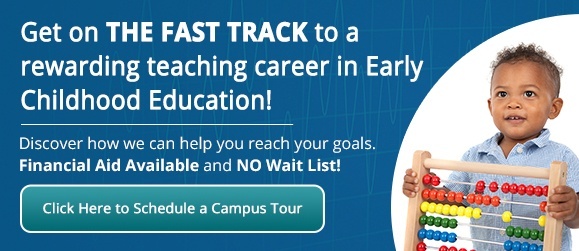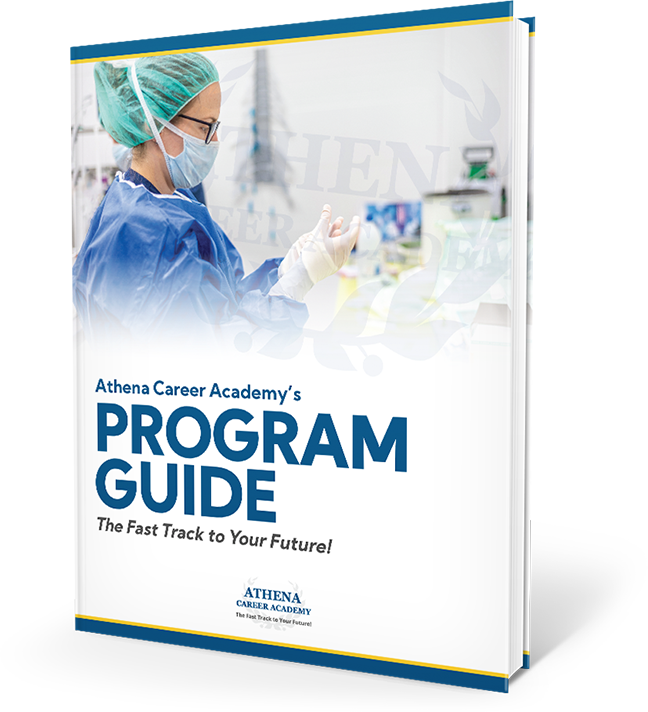A Closer Look at the Professional Standards Shaping Early Childhood Education
Posted On Jan 30, 2024
Early childhood education is a fun and rewarding profession, but when you pause to consider that you are responsible for the educational foundation of young children and you are shaping their entire educational career, it can quickly become overwhelming. As a new early childhood educator, it can help to look at the professional standards that shape early childhood education and keep those in mind when developing lesson plans, setting up your classroom, and implementing effective teaching methods.

Understanding How the Professional Standards Were Developed
NAEYC, which is the National Association for the Education of Young Children, developed the standards that are intended for all early childhood educators. Having a set of standards will help to ensure that all early childhood educators understand the foundation that will drive all work in early childhood education. During an early childhood education degree program, everything will be based on meeting the NAEYC standards. This ensures that all practices will be developmentally appropriate, equitable, and ethical.
Standard 1: Child Development and Learning in Context
Early childhood educators need a strong foundation in the development of children from birth through age 8 across many different domains. They will understand that every child will have unique developmental variations, and understand that children learn and develop within multiple contexts, including family, culture, language, community, and society, using this knowledge to make informed decisions on how to implement their educational responsibilities. This means that early childhood educators look at each child as an individual, understand that variations are normal, and that some children may need additional support during the early educational years.
Standard 2: Family-Teacher Partnerships and Community Connection
This standard serves to demonstrate that early childhood education does not exist in a vacuum, but is reliant on the partnerships that educators form with the families of their students. Early childhood educators are encouraged to learn about, understand, and value the diversity in families, cultures, and communities and to create respectful relationships.
Standard 3: Child Observation, Documentation, and Assessment
This standard focuses on the purpose of assessment in early childhood education, which is to inform instruction and planning. Observation, documentation, and other learning tools can be developmentally, culturally, and linguistically appropriate to assess progress and plan for the next educational steps and a positive outcome for each child. This standard also states that early childhood educators should be familiar with the wide range of assessments and how to implement them appropriately.
Standard 4: Developmentally, Culturally, and Linguistically Appropriate Teaching Practices
This standard addresses the complexity of reaching all children, as methods and strategies will often need to be adjusted depending on the child’s age, the learning environment, and the individual developmental needs of the child. Early childhood educators should demonstrate positive, caring, and supportive relationships as the foundation of all other work. Early childhood educators need a broad repertoire of culturally and linguistically relevant, anti-bias, and evidence-based teaching practices.
Standard 5: Knowledge Application, and Integration of Academic Content into the Early Childhood Curriculum
This early childhood standard states that early childhood educators need to have both the content knowledge in the various disciplines (literacy, numeracy, arts, technology, arts, and physical education) and the pedagogical methods to teach each subject. This means that early childhood educators need to understand the concepts, methods, and structures of each discipline, as well as the general knowledge of how children learn and process information. Early childhood educators are expected to know how to modify teaching practices to meet the needs of all children.
Standard 6: Professionalism as an Early Childhood Educator
This standard communicates that early childhood educators need to serve as informed advocates for young children, their families, and the profession as whole. Early childhood educators should understand professional and ethical guidelines and have professional communication skills. Early childhood educators are tasked with engaging in continuous education to stay up to date in methods and trends, and should reflect on their practices. Simply put, this standard means that early childhood educators should always take care to demonstrate professional behavior that will support the learning and development of young children.
What Do These Standards Mean for Early Childhood Educators?
When you become a professional early child educator, you will become familiar with these standards. Ultimately, what these standards mean for early childhood educators is that you will develop your curriculum, set up your learning space, plan your teaching practices, communicate with children, families, and peers, and monitor and reflect with these standards serving as the foundation on which every decision should be made. Early childhood educators should recognize the importance of their work and always strive to hold themselves accountable for giving young children the best possible educational beginning. Knowing the standards will help early childhood educators navigate any potential situation, no matter how complex.
When you become an early childhood educator, whether you are working in a preschool, in a childcare setting, or in another role, you will look to the professional standards to drive your decision making. Setting up a classroom, building a curriculum, developing teaching methods, and working with parents can all present challenges, and knowing the foundation from which to draw from can make these tasks far less overwhelming. Every student population is different and every early childhood educator will have their own methods, but when relying on the standards, it is far less likely that any child will slip through the cracks. If you’re interested in becoming a preschool teacher, now is a great time to pursue this in-demand career, and we can help set you up for success. Contact Athena Career Academy to learn more about our comprehensive two year degree program.
Recent Posts
- How Accessibility to Faculty Enhances ECE Degree Program
- Early Childhood Education Courses Lead to Great Teaching Careers
- Insights for Effective Preschool Teaching
- Online vs. In-Person Medical Assistant Training: Which Is Right for You?
- Preschool Teachers Provide Hands-On Learning for Future Innovators
Categories
- Flexible Class Schedule
- Early Childhood Education
- Clinical Medical Assistant
- Medical Assistant
- Accredited
- Medical Assistant Program Toledo, OH.
- MA Program
- ECE
- preschool teacher
- CMA
- Administrative Medical Assistant
- Practical Nursing
- Nursing School
- Nursing
- Early Childhood Education Degree
- LPN to RN
- Certified Medical Assistant
- Early Childhood Educator
- Become a Teacher
- Nursing Career
- RN
- Childcare Teacher
- Nursing School Toledo
- Practical Nurses
- Childcare Director
- Nursing Education
- Registered Nurse
- LPN
- Toledo Ohio Nursing School
- Teaching Degree
- Become a Nurse in 12 Months
- Nursing Career Opportunities
- Nursing School Preparation
- Practical Nursing Jobs
- Medical Coding and Billing
- DayCare Teacher
- Nursing Salaries
- Nursing School Costs
- PN to RN
- Career Training
- Nursing School Tuition
- Nursing School Financial Aid
- Phlebotomist Technician
- Practical Nurse Salaries
- EKG Technician
- nurse burnout
- #nursesunite
- Insider
- Phlebotomy Technician Salary
- Uncategorized
- resume
Contact us
For News, Resources, and Conversations:
Get your FREE 2022 Athena Career Academy Program Guide
The best way to get to know Athena Career Academy is to see what we offer. Download our program guide to learn more. Take the fast track to your future today!
An exciting career can be yours in just one year!
Discover how Athena Career Academy can help you reach your medical career goals fast.
Accrediting Agencies
Athena Career Academy is accredited by the Commission of the Council on Occupational Education. The school is registered with the Ohio Board of Career Colleges and Schools; State of Ohio – School Registration Number – 10-09-1943T and operates under the authority of the Ohio Board of Nursing. Please contact the Student Operations Manager for more information.



